How Many Of These Movies Have You Seen?
By: Summer
The 20 Best Sci-fi Films of The 21st Century
Posted on by Guillermo de Querol
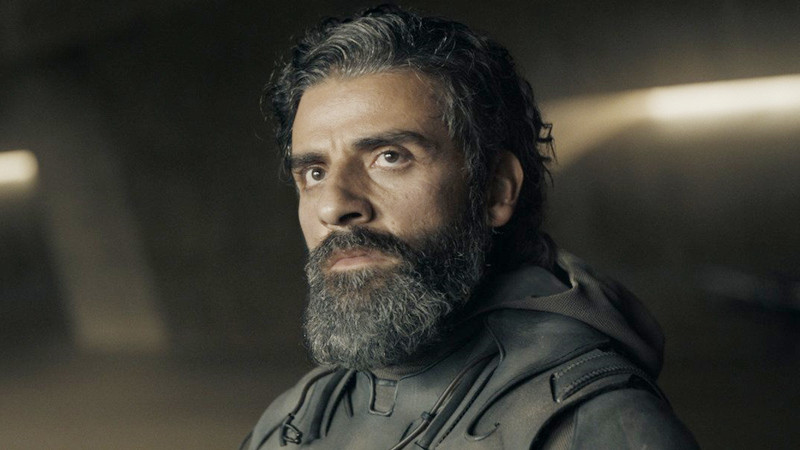
Into the new millennium, many talented filmmakers have helped push the science fiction genre to new heights.
with thought-provoking movies that reflected the many technological advances, rapid paradigm shifts, and intimidating uncertainties of this day and age; grappling with scorching ideas about the human condition, outer space, artificial intelligence, and time travel all worth confronting.
Rounding up the 20 best sci-fi films of the 21st century is a nearly impossible task that inevitably entails leaving out a handful of glaring omissions. Among those films that just missed the cut, George Miller’s pulse-pounding actioner “Mad Max: Fury Road”, Yorgos Lanthimos’ off-kilter comedy “The Lobster”, Lars von Trier’s startling apocalypse drama “Melancholia” and Richard Linklater’s trippy Philip K. Dick’s adaptation “A Scanner Darkly” all deserve a big shout out. But all things considered, there should be a little something for everybody in the present list. Without further ado, let’s dive in.
20. Nope (Jordan Peele, 2022)
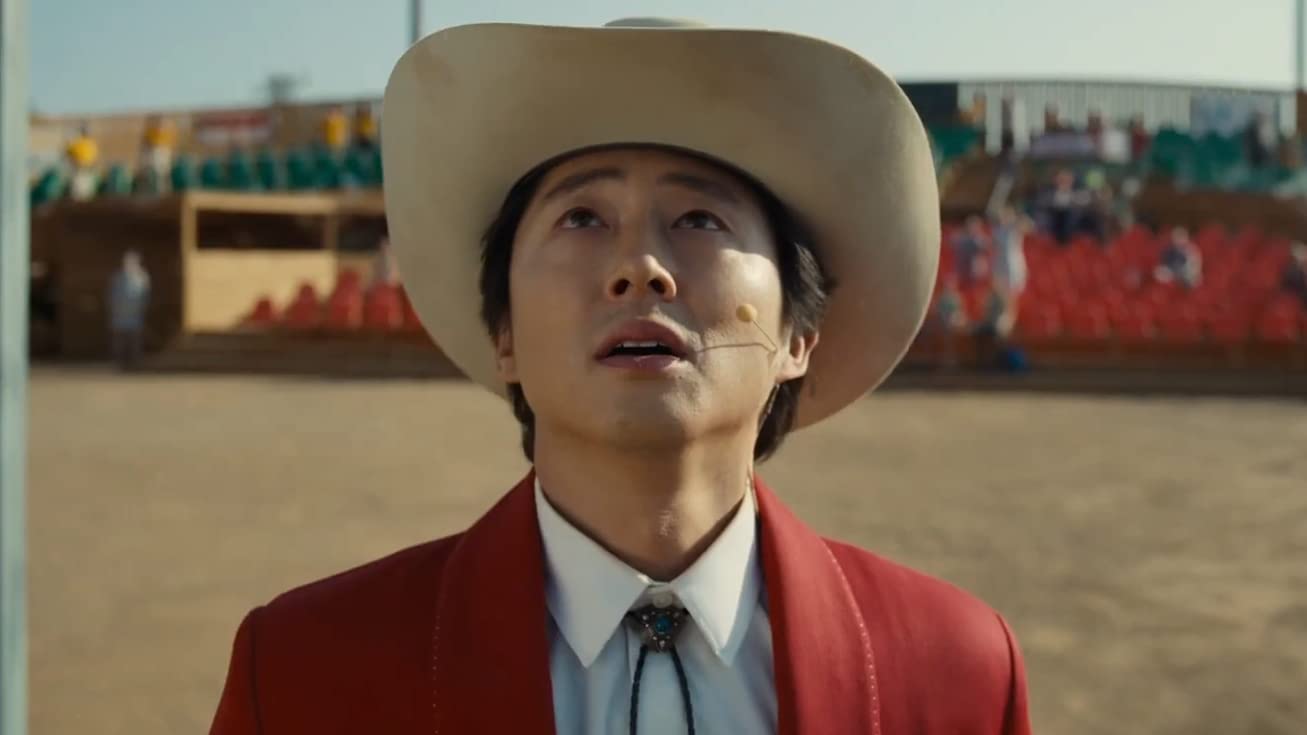
The first entry in the list happens to be one still fresh on our minds, with comedian-turned trailblazing auteur Jordan Peele treating us earlier this year to the kind of cleverly constructed and wildly unpredictable summer blockbuster that are few and in between nowadays.
After breathing new life into the horror genre with “Get Out” and “Us”, the visionary director tipped his toes into science fiction for the first time with “Nope”; equal parts an old-fashioned flying saucer popcorn flick, revisionist neo-Western, and myth-busting indictment on Hollywood’s meat grinder that laces its jabs with genuine menace. Daniel Kaluuya and Keke Palmer star as two brothers in a family of horse trainers who try to capture irrefutable proof of extraterrestrial life. Tipping its hat to a plethora of classic sci-fi staples (from “Close Encounters” to “Signs”) to concoct a bone-chilling spectacle that feels thoroughly its own thing, “Nope” will give you a lot to chew on.
19. Looper (Rian Johnson, 2012)

Long before subverting everyone’s expectations in “Star Wars” and single-handedly revitalizing the whodunit genre with “Knives Out”, the polarizing director Rian Johnson took his first real stab at the mainstream with “Looper”, an inventive film set in a near-future where the mob use time travel to send targets back to the past to be disposed without a trace.
All seems well for the man hired to pull the trigger (an unrecognizable Joseph Gordon-Levitt), until one of his higher-ups decide to tie up all loose-ends, which means sending an older version of himself (Bruce Willis) to be dealt with. Central to the film’s moral conundrum is the intriguing relationship that burgeons between these two alternate versions of the same tormented man. Though treading familiar territory, “Looper” manages to feel refreshing and eschew redundancy with solid acting all across the board and taut execution by Johnson, who would leverage his work into shooting “The Last Jedi” not long afterwards.
18. Snowpiercer (Bong Joon-ho, 2013)
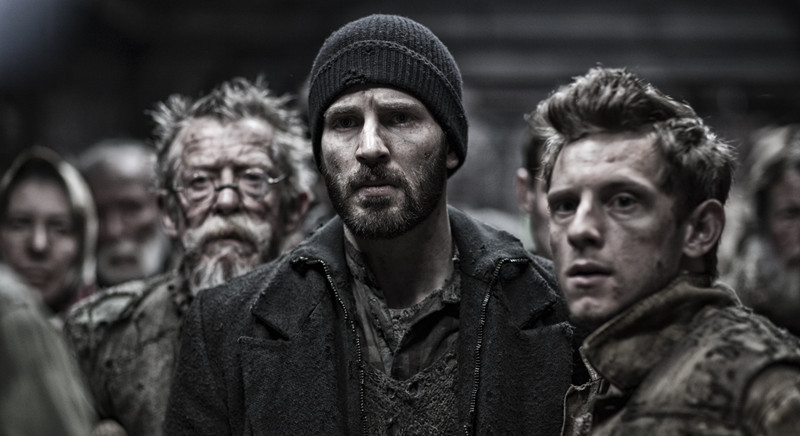
Peerless international stardom might have evaded writer-director Bong Joon-ho until ‘Parasite’ swept the historical 2019 awards season, but the Korean maestro had already given us a glimpse at the razor-sharp social commentary he’s accustomed us to with his first English-language production.
“Snowpiercer” takes place within the confines of a cutting-edge train that roams across Earth’s post-apocalyptic surface and is strongly segregated by class, with the rich brutally subjugating the working class. Announcing itself as one of the most thought-provoking and politically-tinged dystopian films of the past decade — and later on inspiring a 3-season TV series of the same name — Bong Joon-ho’s blockbuster is not to be missed. Fans of his 2019 anti-capitalist thriller will have no problem whatsoever tuning to the film’s wavelength and shrewd cross-section of totalitarian control and class struggle.
17. Paprika (Satoshi Kon, 2006)
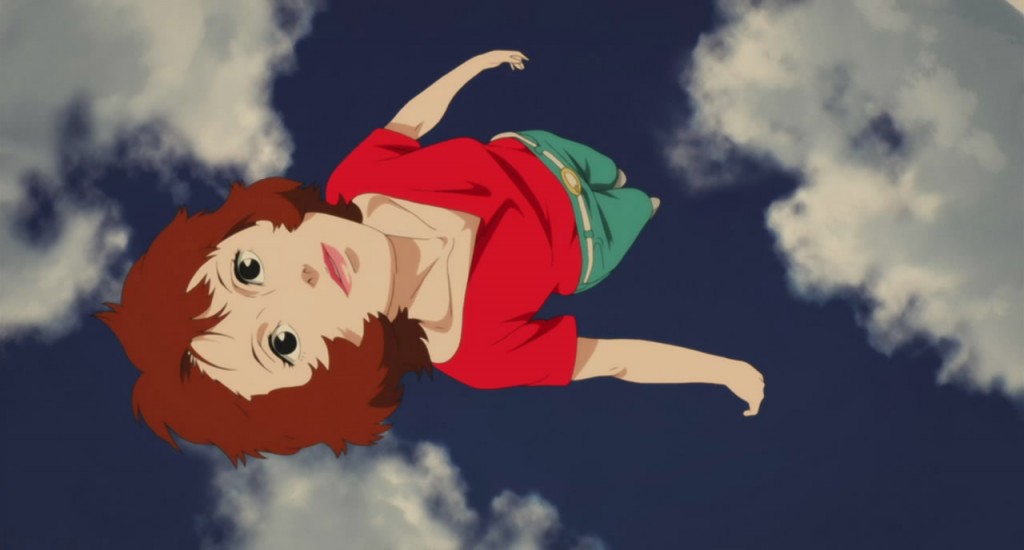
Animation is an ideal art-form to tackle the sci-fi genre that many talented directors have turned to in order to bring futuristic cityscapes to life and slide through layers of fiction in striking fashion. But perhaps no filmmaker in the new millennium understood the infinite possibilities of the medium and pushed its frontier as an art form with such gusto as Japanese master Satoshi Kon.
Rightly praised for serving as inspiration for Christopher Nolan’s highly-influential 2010 brainteaser, “Paprika” is perhaps the closest any film has come to distilling dreams and the uncanny straight into celluloid. Centering around a group of psychiatrists who must retrieve a stolen device that allows its user to infiltrate one’s dreams, Kon’s film is a sensory overload overflowing with ideas that proves more mesmerizing and rewarding than the typical big-screen spectacle.
16. Dune (Denis Villeneuve, 2021)

Frank Herbert’s seminal novel, a politically laden, anti-colonialist parable about a young prince turned Messiah, collected dust on the shelves of every Hollywood studio since David Lynch first took a stab at it in 1984. Enter Denis Villeneuve, the mastermind behind Universal’s $165 million smash hit, who pulled off the impossible by introducing a whole new generation of moviegoers to the wonders of Arrakis, spice melange, and 30-meter-long sand worms while paying justice to the once-considered unfilmable source material.
The implicit risk of alienating general audiences and long-time readers was deftly avoided in part by doing away with needless exposition and splitting the main novel in two feature-length epics. Paradoxically, this timely decision makes the 2021 “Dune” a worthy adaptation if unequivocally an uncompleted one.
15. Inception (Christopher Nolan, 2010)
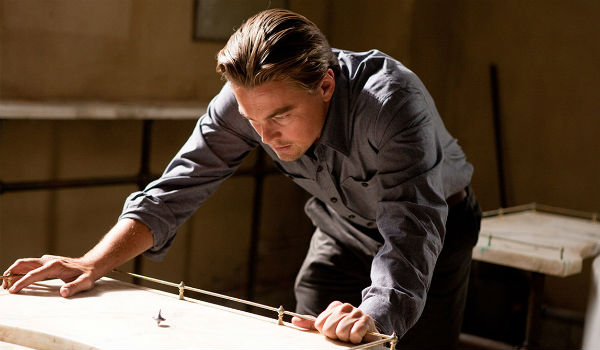
The venerated British director could have just as easily been tapped for his 2014’s schmaltzy space epic “Interstellar”, but the grandeur, precision, and lasting impact of “Inception” can’t be denied. Nolan’s framework here is constructing a heist film within the dark recesses of the human mind — a sandbox of opportunities for the filmmaker to ostentatiously flex his hefty budget and artistic obsessions with a puzzle-box narrative in which Leonardo DiCaprio plants an idea into the mind of a wealthy businessman.
Whether “Inception” is actually one of the best science fiction movies of the 21st century is beside the point. Though far from perfect, Christopher Nolan’s star-studded brainmelter is the defining blockbuster of the 2010s; a glossy Hollywood spectacle that’s become mythically embedded in our pop culture and encapsulates about every style and trend that have come to pass in the past decade.
14. Hard to Be a God (Aleksey German, 2013)
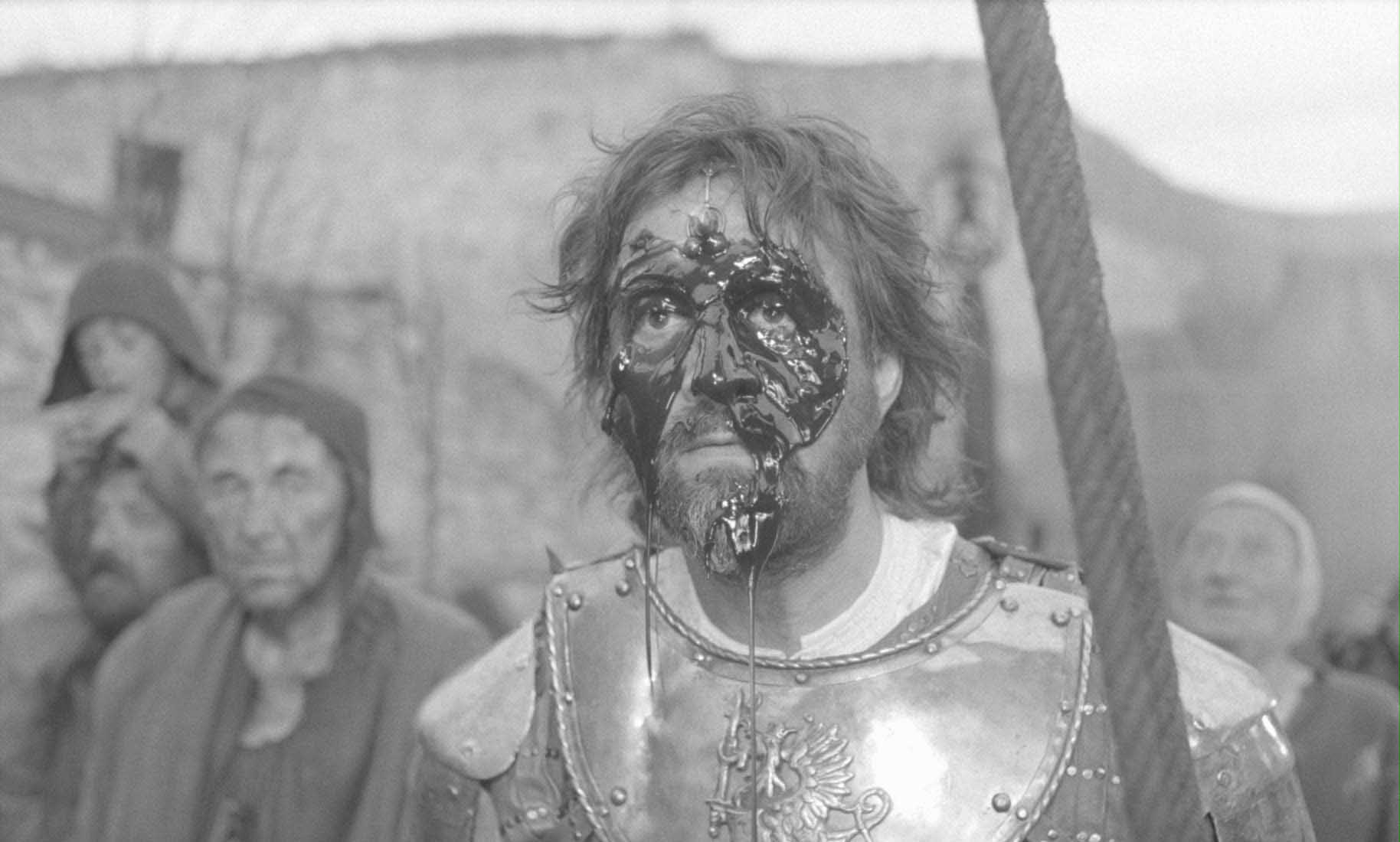
Never has science fiction felt as muddy, visceral, and ferocious as in Aleksey German’s three-hour-long, black-and-white epic, a gargantuan novel adaptation that took over a decade to wrap up, in which a group of scientists leave Earth and land on a foreign planet that seems to be perpetually stuck in its own Middle Ages.
Barbarism, zealotry, and pandemonium abound, with a camera following all the chaos like a fly on the wall with invasive close-ups as our lead character — at once an alien interloper and messianic figure among the locals — makes his way through this dark-age swamp smeared in mud and blood. Nitpickers will argue that the film doesn’t really play by the genre’s playbook, but “Hard to Be a God” is definitely a must watch for any sci-fi aficionado worth their salt, especially fans of Andrzej Żuławski’s “On the Silver Globe”.
13. Minority Report (Steven Spielberg, 2002)
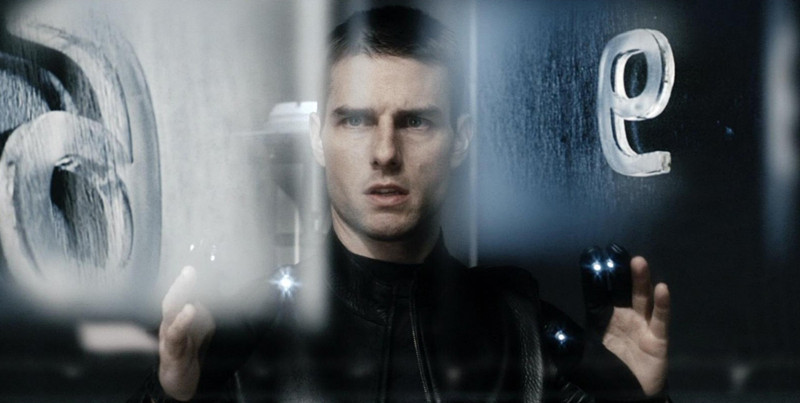
No matter what genre he works in, Steven Spielberg plays by his own rules. The veteran American director has been going at it for so long that it’s easy to forget the sheer number of stone-cold classics he’s churned out throughout the decades. Among his sci-fi credentials, the watershed “Close Encounters of the Third Kind”, the heartfelt “E.T.” and the Kubrick-penned “A.I. Artificial Intelligence” have each captured our imagination with mighty rapture.
But this bleak, post-9/11 Philip K. Dick adaptation stands as the clearest, and perhaps most sophisticated, expression of Spielberg’s artistic voice in the past two decades. At once exhilarating and profound, “Minority Report” follows ‘pre-crime’ cop John Anderton (Tom Cruise), who arrests perpetrators before they commit the crime. Propelled by Dick’s rich source material, Spielberg’s sturdy craftsmanship and Cruise’s peerless action-hero persona, “Minority Report” delivers an enthralling tissue sample of early-aughts dystopian sci-fi that grows more pertinent with each passing day.
12. Under the Skin (Jonathan Glazer, 2013)
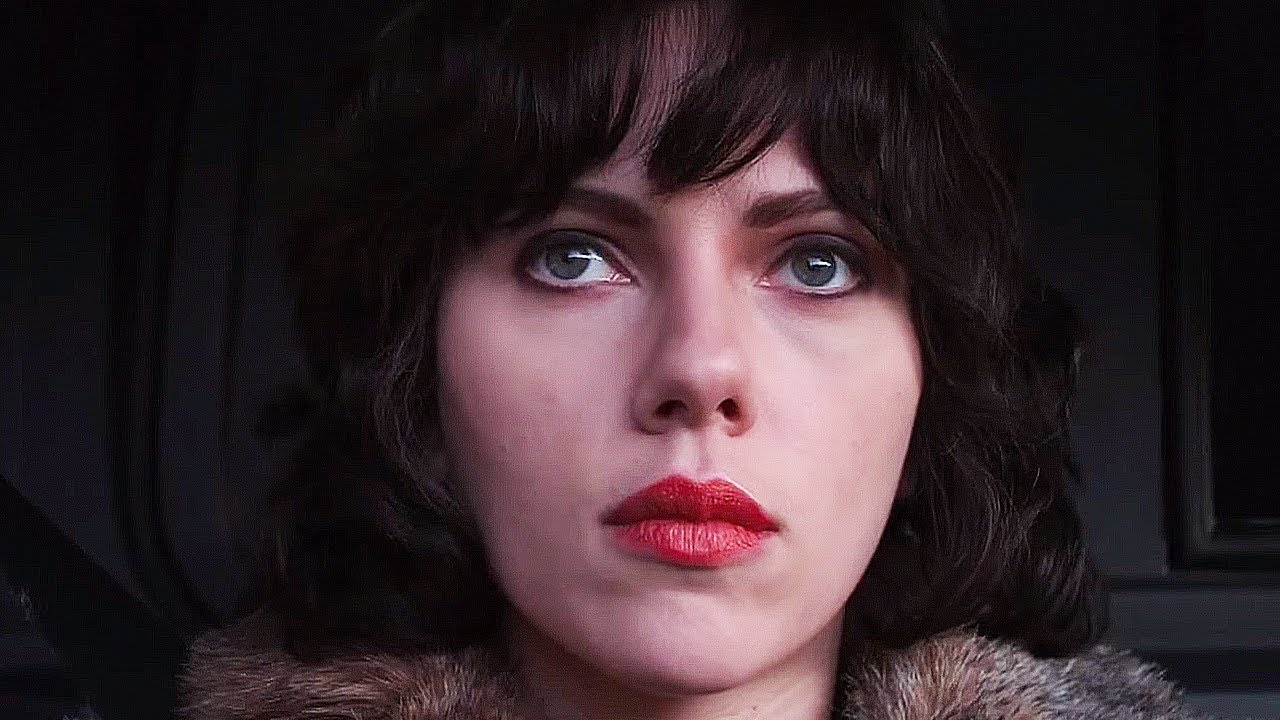
So languidly paced, densely layered, and unorthodox that it was destined to emerge as one of the most polarizing offerings of the entire 2010s, Jonathan Glazer’s mercurial slasher boggled general audiences upon release, only to be later reappraised for its incisive exploration of self-identity, sexuality, and survival.
A beguiling movie that beckons to be revisited in order to be fully unraveled, “Under the Skin” stars Scarlett Johansson as an Earth-wandering seductive alien disguised in human form who roams through the Scottish nightscape in search of human flesh — a vicious predator you somehow can’t help but warm up to. Though admittedly something of an acquired taste that might alienate moviegoers with short attention spans, few entries in the modern sci-fi canon have posed such lofty questions about mankind, even if the few answers it reaches only grow a little clearer with each repeated viewing.
11. Upstream Color (Shane Carruth, 2013)

Before derailing his career with a troubled history of abuse, indie writer-director Shane Carruth threw his hat in the ring with a solid one-two punch of genre-defining sci-fi head-scratchers, including the 2013 “Upstream Color”, that established him as a promising young talent in Hollywood.
Repressed trauma, fragmented memories, and romance all coalesce into one in this impressionistic, often confounding, slice of existential drama, in which two broken souls (Amy Seimetz and Carruth) find refuge in each other’s company after being hypnotized and scammed by a shadowy figure. Conjuring up the poetic visuals of Terrence Malick, with ample doses of Andrei Tarkovsky, “Upstream Color” is filled with ideas about free will and self-consciousness worth confronting. Though following the breadcrumbs of the abstract narrative is engrossing in itself, it’s the gripping emotional hook that resonates and elevates this film to cult status.
10. Moon (Duncan Jones, 2009)

The crushing loneliness of outer space is depicted with heart-stopping clarity in Duncan Jones’ minimalist think piece, in which a homesick astronaut (Sam Rockwell) sent on an extended lunar mission has to deal with his inner demons as the only human overseeing a key mining facility that sends resources back home to meet Earth’s demands.
Never has the bar been raised so unattainably high when it comes to minimalist science fiction; if there was telling proof that you don’t need ostentatious set pieces and brawny action to captivate audiences, “Moon” does precisely just that. Though the film takes its sweet time going, like any genuine thought-provoking movie, it’s punctuated by many unexpected twists and a big question mark that will linger in your mind for long after the credits roll.
9. After Yang (Kogonada, 2021)
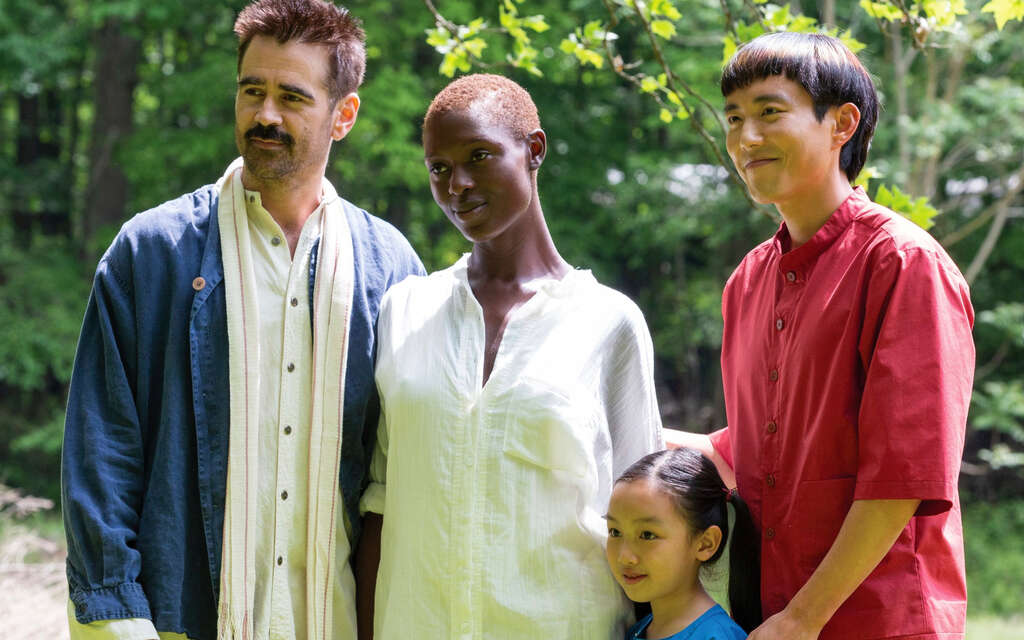
Kogonada stirred up deeper truths with his sophomore feature, an achingly tender film in which the technical malfunction of a domestic android named Yang (Justin H. Min) forces a family to contemplate the nature of their beloved companion, and the bond they each shared with it.
The story, adapted from Alexander Weinstein’s short novel, broaches complex questions about dealing with loss and grief, embracing one’s roots, and the ties that bind us with rare delicacy and insight. With the advent of artificial intelligence and the all-pervasive presence of technology in our daily lives, many recent films have attempted to probe the intriguing possibilities of our new reality. Few, however, have shown such compassion and fluency while doing so than this Sundance tearjerker — a gentle film that will warm even the coldest heart.
8. Children of Men (Alfonso Cuarón, 2006)
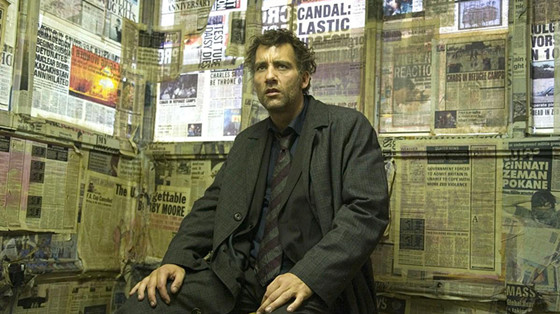
Oscar-winning Mexican director Alfonso Cuarón delivered one of the most disquieting prognoses of the new millennium with this adaptation of PD James’ novel, a bleak dystopian thriller that makes the hairs on the back of your neck stand on end by envisioning a near-future all too recognizable to our own.
Starkly photographed by the always-reliable Emmanuel Lubezki, “Children of Men” plunges viewers headfirst into 2027 London, where entropy reigns supreme after a global fertility crisis pushes the world order all but to the brink of collapse. With no births registered in the past 18 years and the survival of the human race hanging by a thread, a disillusioned civil servant (Clive Owen) takes it upon himself to smuggle a pregnant refugee all the way to a safe sanctuary at sea. As lucid as it is disturbing, Cuarón’s black-hearted opus manages to evoke anxiety and awe almost in equal measure.
7. 2046 (Wong Kar-wai, 2004)
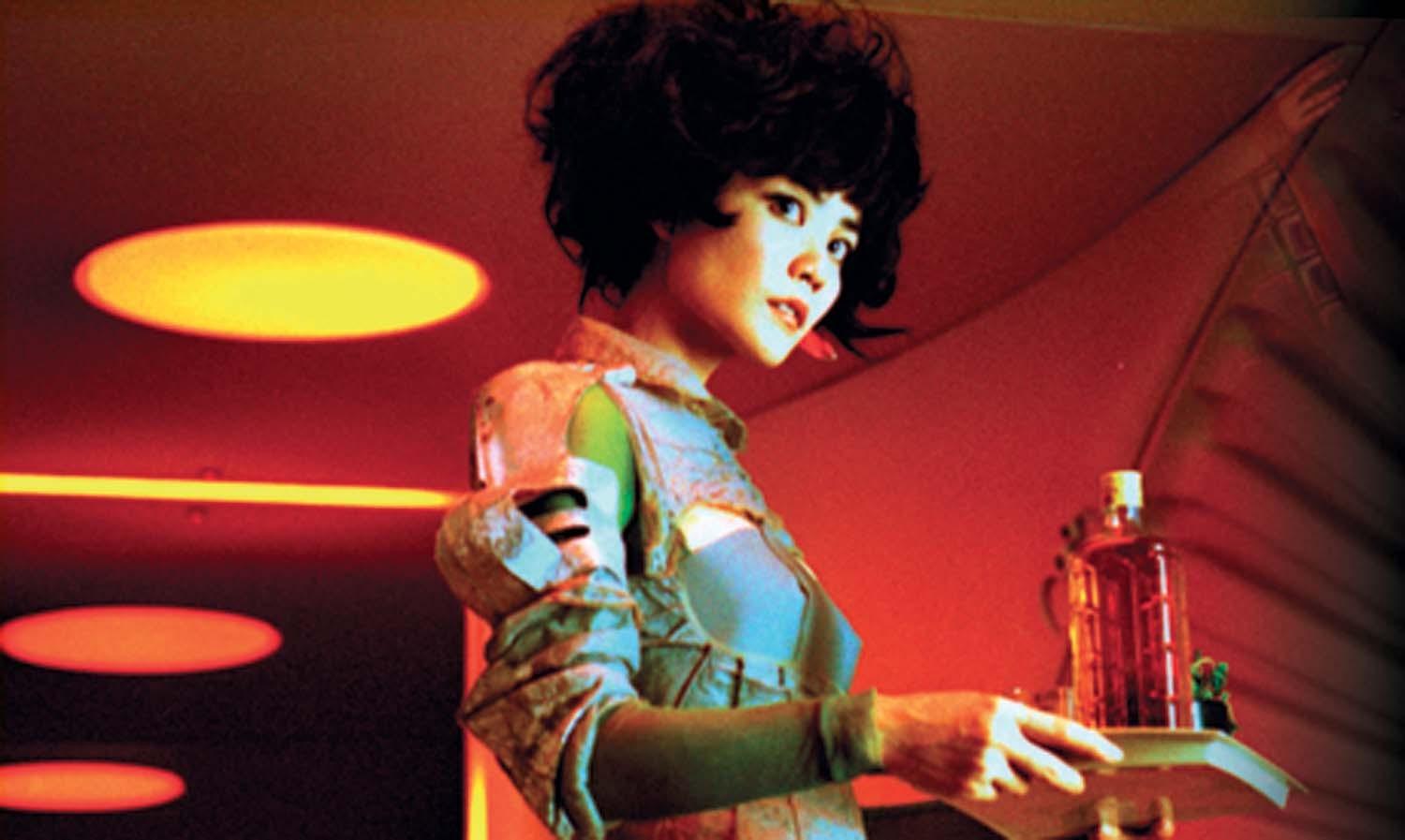
The dizzying rush of romantic longing and the inexorable passage of time underpin the follow-up to the magisterial arthouse staple “In the Mood for Love”, set in a near-future Hong Kong where people can take a train to recapture lost memories, and where a lovelorn pulp writer (Tony Leung) tries to hold on to the past by fusing his many love affairs into the retro-futuristic sci-fi novel he’s currently writing.
It’s within those blurred lines between reality and fiction that Wong Kar-wai, the undisputed master of melancholic yearning, puts a sci-fi spin to his trademark themes and evocative style. Crisscrossing between timelines and different layers of stories-within-the-story — including the burgeoning romance between a man and a humanoid woman — “2046” feels at once operatic in scope and intimate in detail, clinging to the mind like a flashbulb memory.
6. Primer (Shane Carruth, 2004)
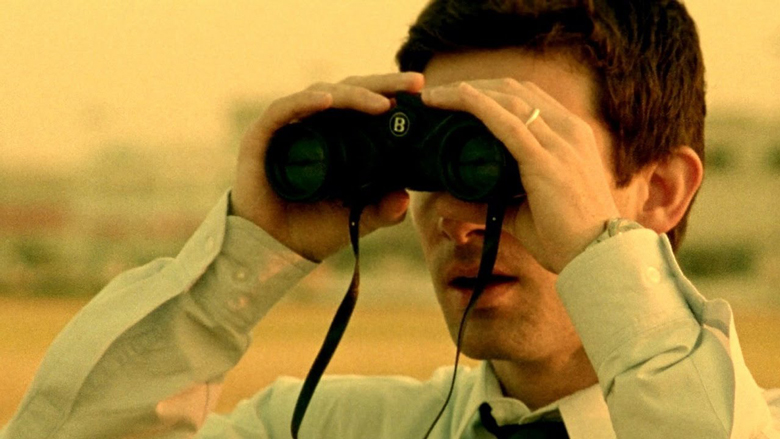
Time travel movies will never feel the same once you embark on Shane Carruth’s impossibly knotty head scratcher, in which two bootstrapping software engineers (Shane Carruth and David Sullivan) take advantage of the revolutionary time-traveling device they build in their basement.
Often billed as the “Eraserhead” of 21st century sci-fi flicks, Carruth’s brain-melter is a modern landmark of low-budget, DIY filmmaking that was allegedly shot for a meager $7,000. Any budgetary constraints are made up in spades with excruciating attention to detail, clever narrative engineering, and a daring eagerness to purvey all the moral pickles and existential conundrums of its central conceit. Whether “Primer” feels like an enlightening epiphany or a 77-minute migraine is ultimately up for each viewer to decide.
5. Her (Spike Jonze, 2013)
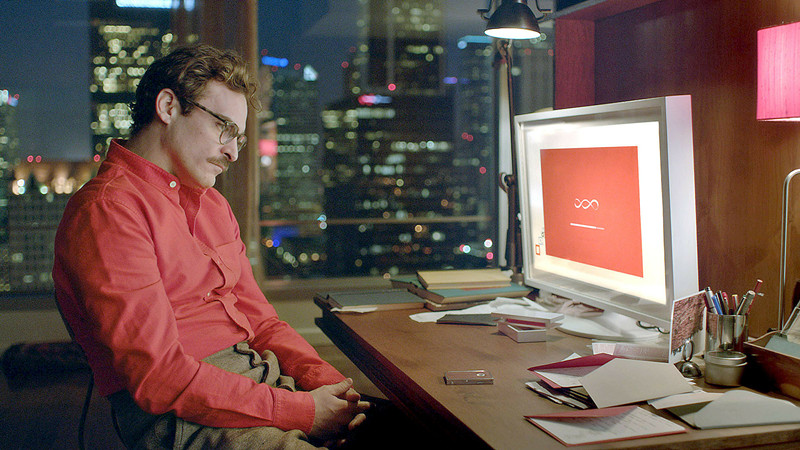
As the internet becomes more and more closely linked with our identities, not only as a source of information but as a digital realm where we exist and live every day, many films since the dawn of the new millennium have tried to capture the infinite possibilities that come with it. In that overcrowded genre, Spike Jonze’s heart-rending 2013 sci-fi romance “Her” came as close as any other of encompassing the existential isolation that envelops this world of constant interconnectivity.
Vital to the film is Joaquin Phoenix’s career-defining performance, played with subtle vulnerability, as a recently divorced writer who develops an intimate relationship with a Siri-like operating system (voiced by Scarlett Johnson). What at first blush might appear an outlandish premise next-to-impossible to take seriously is masterfully rendered into a profound and surprisingly mature examination of love.
4. Ex Machina (Alex Garland, 2014)
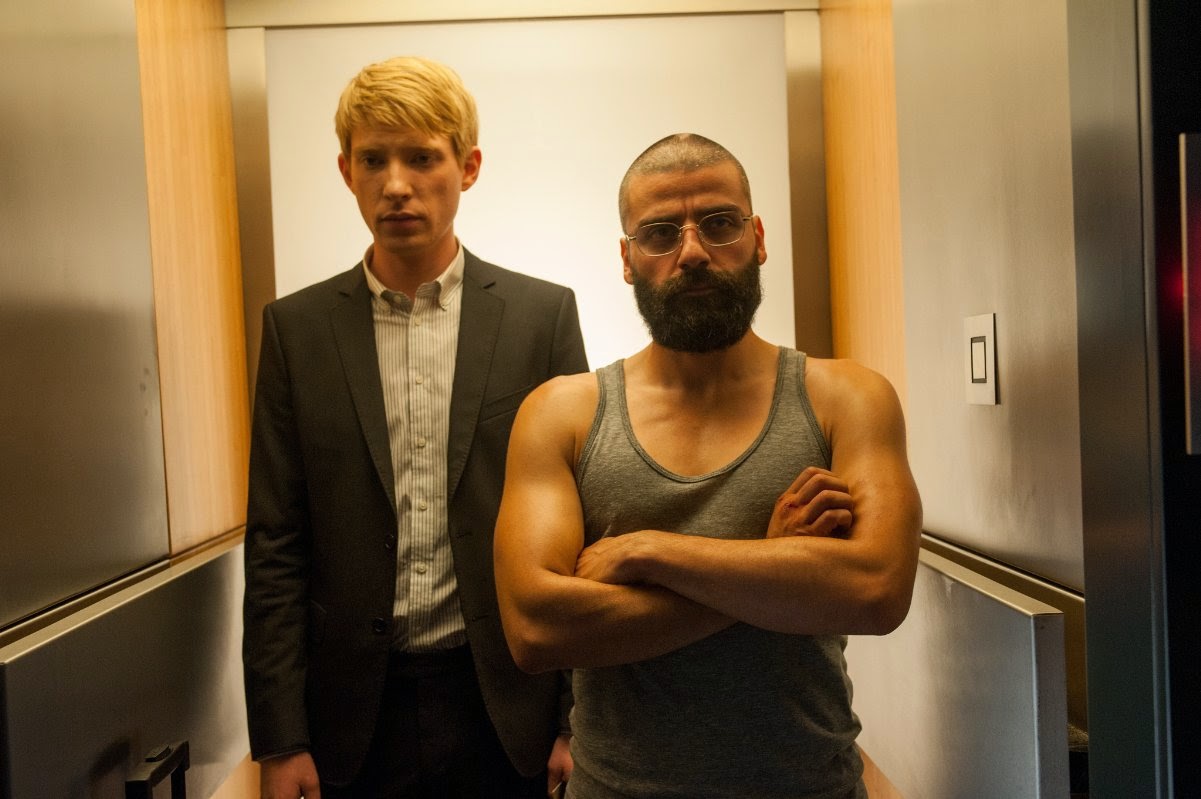
In the same vein as Jonze’s bittersweet romance, “Ex Machina” provides a clear-eyed statement on our relationship with technology, but whereas “Her” felt cautiously optimistic in its diagnosis of human-AI relationships, Alex Garland leaves no room for such unambiguously comforting assertions.
Though not immune himself to the law of diminishing returns, the “Annihilation” and “Men” filmmaker took the world by storm with his inventive debut, in which a young and soft-spoken researcher (Domhnall Gleeson) becomes infatuated with the cutting-edge android (Alicia Vikander) he’s been brought in to inspect. Familiar sci-fi story beats are masterfully conveyed and given a new, refreshing expression, with Garland cribbing from genre staples from “Metropolis” to “2001” to create the ne plus ultra of artificial intelligence cinema.
3. Blade Runner 2049 (Denis Villeneuve, 2017)
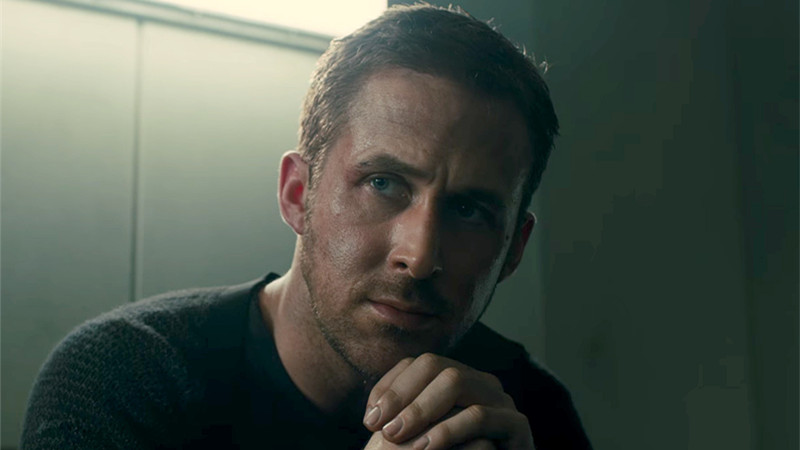
In lieu of Hollywood’s tiresome habit of milking iconic intellectual properties — a nauseating trend that’s quickly become endemic at the multiplex and shows zero signs of slowing down — one can’t fault audiences for preemptively writing off the new “Blade Runner” “sequel as the latest in a long list of studio cash-grabs. Fortunately, Denis Villeneuve had bigger plans in mind when he took the reins on Ridley Scott’s much-heralded creation; determined not to simply ride on the coattails of much-heralded original film but use it as jumping off point for something both grander and deeper.
On the lines of its monolithic predecessor, the 2017 follow-up grapples with the blurred distinction between man and man-made machines, prompting us to reconsider what constitutes as one or another by filtering its story through the lens of a law-enforcing Replicant (Ryan Gosling). The result is science fiction at its finest; a cerebral, tactile, and visually striking successor that thoroughly stands on its own.
2. Eternal Sunshine of the Spotless Mind (Michel Gondry, 2004)
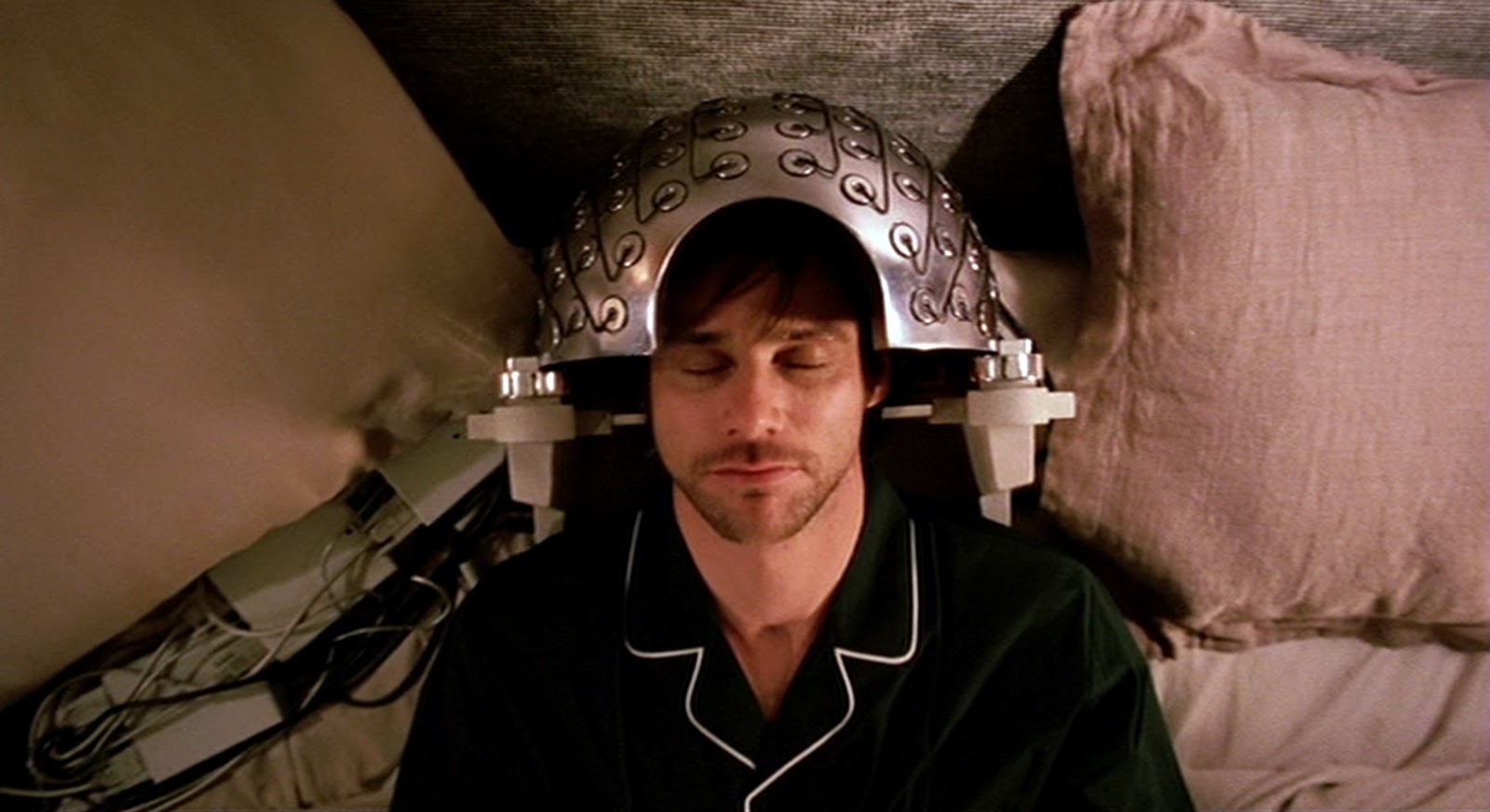
Hollywood’s enfant terrible Charlie Kaufman found a sublime expression to his neurotic obsessions in this achingly romantic thriller, easily one of the most heart-rending screenplays of the new millennium, in which a recently separated couple wipe all memory of each other following a messy break-up.
In capturing the bitter remorse and pent-up frustrations of one Joel Barish (Jim Carrey), who traverses his own subconscious in a desperate quest to salvage what remains of his previous romance, “Eternal Sunshine of the Spotless Mind” swirls around the well-trodden clichés and sugarcoated platitudes that bog down so many sci-fi offerings. Instead, Michel Gondry’s study of identity and human connection capitalizes on its conceptually bold premise to burrow deep into the human condition; conceding that love and memories are often painful, but nonetheless should be cherished as a vital component of our identity.
1. Arrival (Denis Villeneuve, 2016)
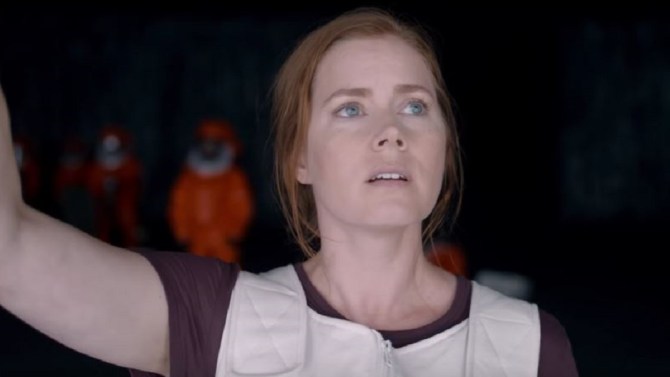
Language is the foundation of civilization, the glue that holds people together, and the first weapon drawn in a conflict. It is also the big thematic lynchpin of this cerebral movie based on Ted Chiang’s short story, in which the shocking landfall of 12 giant alien spacecrafts on Earth prompts a perplexed U.S. Army to commission brilliant linguistics professor Louise Banks (Amy Adams) to figure out how to communicate with our unexpected visitors.
In his 2016 opus, Denis Villeneuve accomplished exactly what any movie of the same ilk should strive for — using a high-concept set-up as a baseline to deal with themes and ideas everyone can relate to. Reaching at the reassuring conclusion that love, empathy, and understanding are mankind’s saving grace, values that will prove paramount once a global threat puts our survival in jeopardy, “Arrival” makes its timely observations not only fascinating but imperative in our day and age.

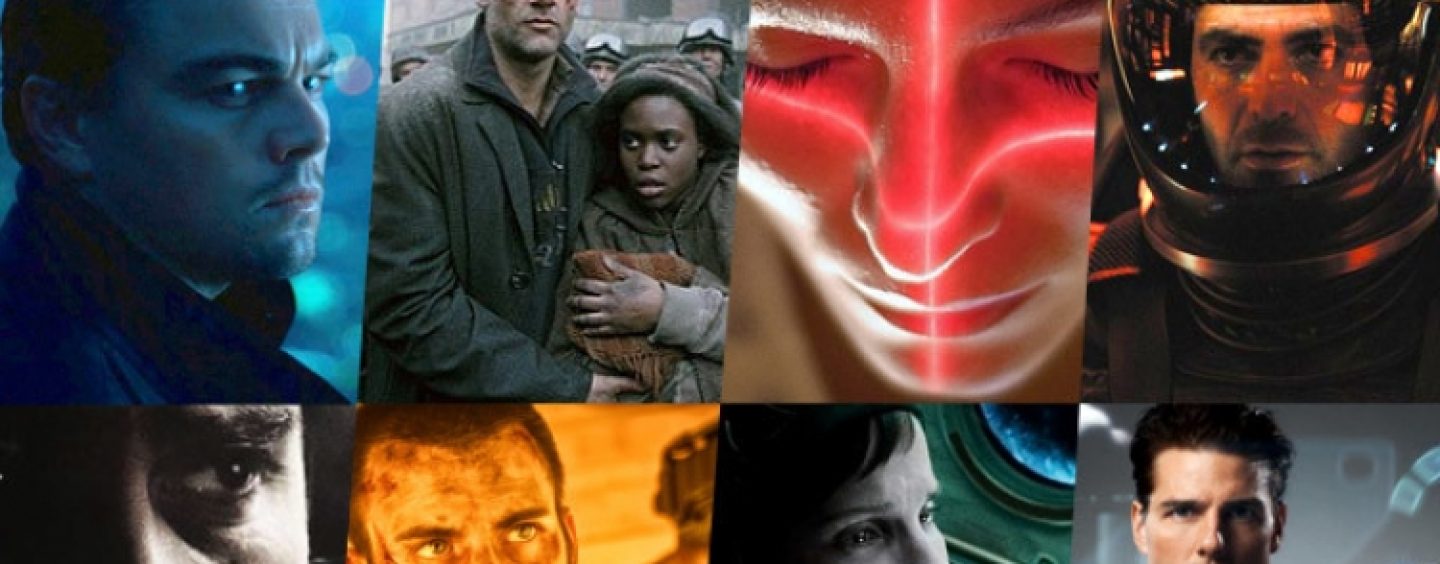






No Comments so far
Jump into a conversationNo Comments Yet!
You can be the one to start a conversation.Only registered users can comment.